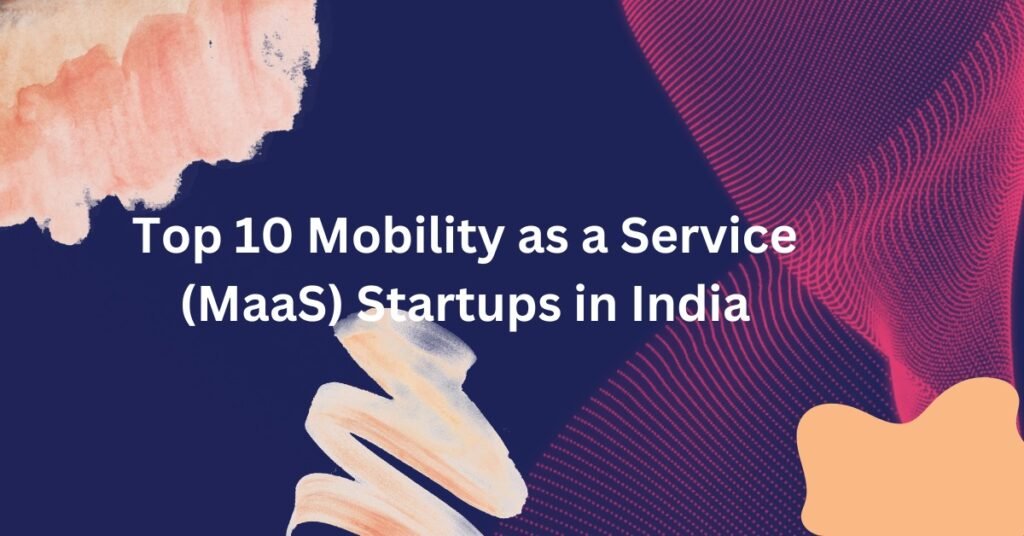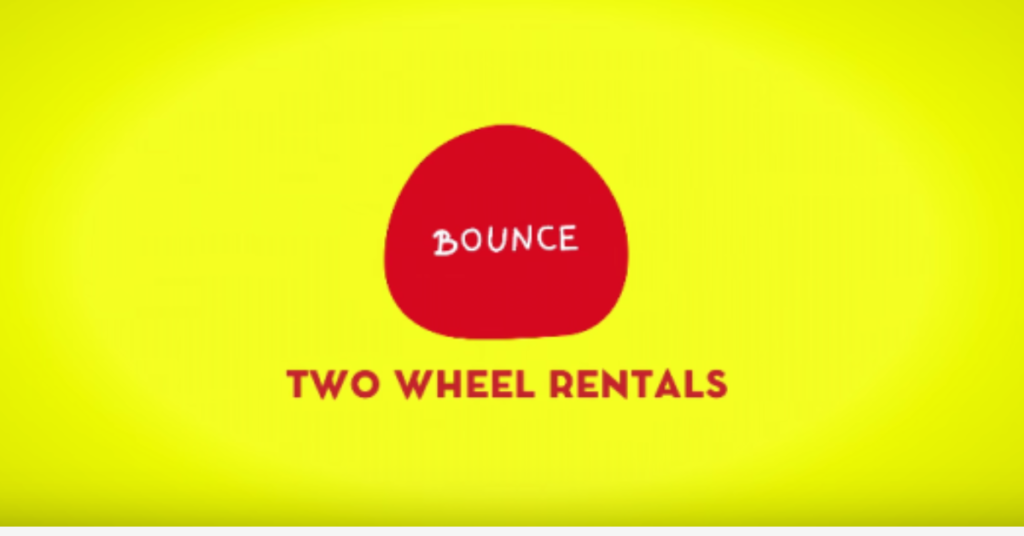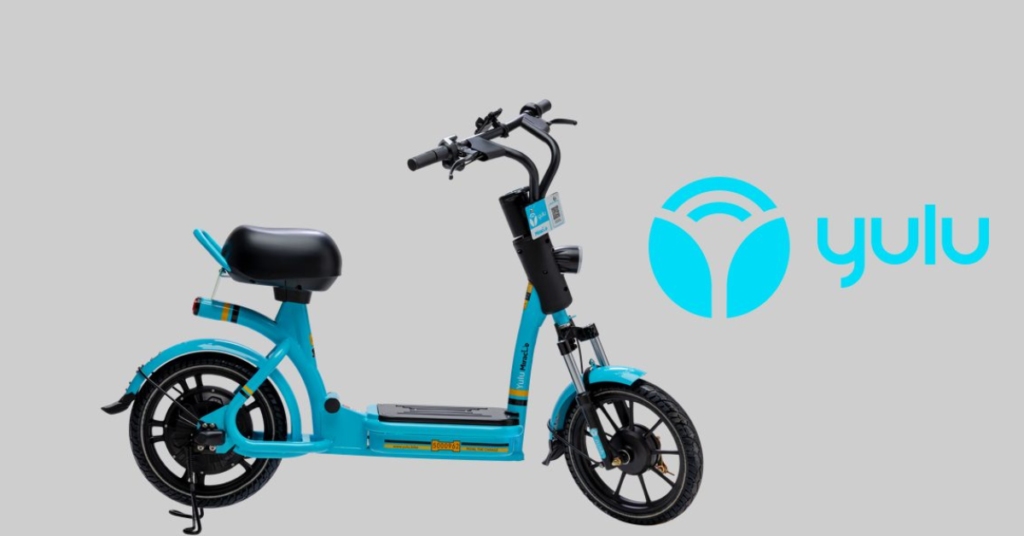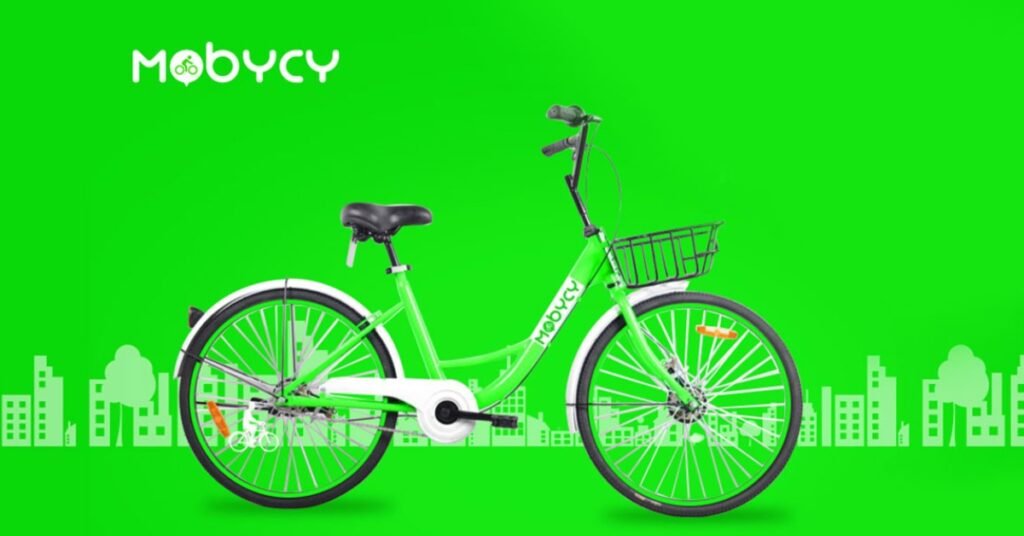
Mobility as a Service (MaaS) is revolutionizing the transportation industry globally by integrating various forms of transport services into a single mobility service accessible on demand. In India, where urbanization and population density pose significant challenges to traditional transportation systems, MaaS startups are emerging as key players in transforming how people move around cities. Here’s a detailed look at the top 10 MaaS startups in India:
1. Ola Mobility Institute (OMI)

Ola Mobility Institute (OMI) is Ola’s research and advocacy arm dedicated to advancing mobility solutions. It focuses on electric vehicles (EVs), urban mobility policies, and sustainable transportation. OMI plays a crucial role in influencing and shaping sustainable transport practices in India
| Startup | Description |
|---|---|
| Ola Mobility Institute | Ola’s research and advocacy arm focused on mobility solutions, including electric vehicles (EVs), urban mobility policies, and sustainable transportation. |
| Services | Research, policy advocacy, and promotion of sustainable transportation solutions. |
| Innovation | Integration of electric scooters and cabs, promoting EV adoption in urban areas. |
| Impact | Driving sustainable mobility practices and influencing urban transport policies. |
Ola, known initially for its ride-hailing service, has expanded its scope through OMI. This institute focuses on research and advocacy in mobility solutions, including electric vehicles (EVs), urban mobility policies, and sustainable transportation. Ola’s integration of electric scooters and cabs underlines its commitment to sustainable MaaS solutions.
2. Uber India

Uber India is a global leader in ride-sharing, offering services like UberMoto (bike-sharing) and UberAuto (auto-rickshaws). It integrates various transport modes into a single platform, enhancing urban mobility and reducing congestion in cities across India.
| Startup | Description |
|---|---|
| Uber India | Global leader in ride-sharing, offering services like UberMoto (bike-sharing), UberAuto (auto-rickshaws). |
| Services | Ride-hailing, bike-sharing, auto-rickshaw services, and integration with public transit options. |
| Innovation | Seamless integration of multiple transport modes for a comprehensive MaaS experience. |
| Impact | Enhancing urban mobility, reducing congestion, and offering flexible transportation options. |
Uber needs no introduction as a global leader in ride-sharing. In India, Uber has diversified its offerings to include bike-sharing (UberMoto), auto-rickshaws (UberAuto), and recently, public transit integrations. Uber’s platform integration aims to provide a seamless MaaS experience across various modes of transport.
3. Rapido

Rapido is India’s largest bike taxi service, providing affordable and convenient last-mile connectivity in urban areas. Its app-based platform allows users to book rides on motorbikes, addressing short-distance travel needs efficiently.
| Startup | Description |
|---|---|
| Rapido | India’s largest bike taxi service, addressing last-mile connectivity issues in urban areas. |
| Services | Bike taxi services through a mobile app, promoting affordable and convenient urban transportation. |
| Innovation | Filling the gap for short-distance travel with efficient bike-sharing solutions. |
| Impact | Improving urban mobility and reducing reliance on traditional taxis and autos. |
Rapido is India’s largest bike taxi service, addressing last-mile connectivity issues in urban areas. With a focus on affordability and convenience, Rapido has gained popularity as a reliable alternative to traditional taxis and autos, particularly for short-distance travel.
4. Bounce

Bounce operates a dockless scooter-sharing platform, enabling users to locate and rent scooters via a mobile app. It promotes sustainable urban mobility by offering flexible, per-minute billing options and reducing traffic congestion in cities.
| Startup | Description |
|---|---|
| Bounce | Dockless scooter-sharing platform, allowing users to locate, unlock, and ride scooters via a mobile app. |
| Services | Scooter-sharing with per-minute billing, enhancing last-mile connectivity and reducing traffic congestion. |
| Innovation | Flexible, app-based scooter rentals contributing to sustainable urban transport solutions. |
| Impact | Promoting eco-friendly transportation options and reducing urban traffic congestion. |
Bounce revolutionized urban mobility with its dockless scooter-sharing platform. Users can locate, unlock, and ride scooters using a smartphone app, paying per minute. Bounce’s innovative approach has made it a preferred choice for short trips and reducing traffic congestion.
5. Yulu

Yulu focuses on sustainable micro-mobility solutions with electric bicycles and kick scooters. Its strategically located stations near metro areas facilitate eco-friendly urban transport options, enhancing last-mile connectivity.
| Startup | Description |
|---|---|
| Yulu | Focuses on sustainable micro-mobility solutions, offering electric bicycles and kick scooters for urban trips. |
| Services | Electric bicycle and kick scooter rentals with strategically located stations near metro areas. |
| Innovation | Promoting eco-friendly urban transportation options through dockless bike and scooter rentals. |
| Impact | Reducing carbon footprints and enhancing last-mile connectivity in congested urban environments. |
Yulu focuses on sustainable micro-mobility solutions, offering electric bicycles and kick scooters for short urban trips. Yulu’s stations are strategically located near metro stations and high-density areas, promoting eco-friendly transportation options while reducing carbon footprints.
6. Vogo

Vogo provides dockless scooter-sharing services, allowing users to rent scooters through a mobile app. It offers flexible pickup and drop-off options within designated zones, contributing to convenient and affordable urban mobility.
| Startup | Description |
|---|---|
| Vogo | Scooter-sharing platform providing dockless scooters for flexible urban mobility solutions. |
| Services | App-based scooter rentals with easy pickup and drop-off options within designated zones. |
| Innovation | Facilitating convenient and affordable short-distance travel options with minimal environmental impact. |
| Impact | Improving urban mobility and reducing congestion by offering alternative transportation solutions. |
Vogo operates in the scooter-sharing segment, providing dockless scooters that users can rent and drop off anywhere within designated zones. Vogo’s integration with mobile apps for seamless booking and payment has made it a popular choice among commuters seeking flexible and cost-effective mobility solutions.
7. Zoomcar

Zoomcar pioneered self-drive car rentals in India, offering flexible rental options including electric vehicles (Zoomcar EV). It promotes personalized and sustainable urban mobility solutions with a focus on reducing dependence on traditional car ownership.
| Startup | Description |
|---|---|
| Zoomcar | Self-drive car rental platform offering flexible rental options, including electric vehicles (Zoomcar EV). |
| Services | Hourly, daily, and subscription-based car rentals promoting convenient and personalized travel solutions. |
| Innovation | Pioneer in self-drive car rentals, integrating electric vehicles for sustainable urban mobility. |
| Impact | Providing flexible mobility solutions and promoting EV adoption in urban transportation systems. |
Zoomcar pioneered the self-drive car rental market in India, allowing users to rent cars by the hour, day, week, or month. The company has expanded its offerings to include shared subscription models (ZAP Subscribe) and electric vehicles (Zoomcar EV). Zoomcar’s MaaS approach caters to both short and long-term mobility needs.
8. Drivezy

Drivezy operates a peer-to-peer car and bike-sharing platform, enabling individuals to rent vehicles directly from owners. It optimizes vehicle utilization and offers flexible transportation options across various cities in India.
| Startup | Description |
|---|---|
| Drivezy | Peer-to-peer car and bike-sharing platform, enabling individuals to rent vehicles directly from owners. |
| Services | Car and bike rentals with flexible pickup and drop-off options, optimizing vehicle utilization. |
| Innovation | Peer-to-peer rental model facilitating affordable and varied transportation options across cities. |
| Impact | Enhancing mobility choices and optimizing vehicle usage for sustainable urban transport solutions. |
Drivezy operates a peer-to-peer car and bike-sharing platform, enabling individuals to rent vehicles from owners directly. This model optimizes vehicle utilization and offers a wide range of options from cars to motorcycles, catering to diverse customer preferences across urban and semi-urban areas.
9. Mobycy

Mobycy introduced dockless bicycle-sharing in India, promoting sustainable and affordable urban mobility solutions. Its mobile app allows users to locate and rent bicycles easily, reducing carbon emissions and promoting healthy commuting
| Startup | Description |
|---|---|
| Mobycy | Dockless bicycle-sharing platform promoting sustainable and affordable urban mobility solutions. |
| Services | Mobile app-based bicycle rentals with easy access and drop-off locations near public transit hubs. |
| Innovation | Introducing dockless bike rentals for convenient short-distance travel and reducing carbon emissions. |
| Impact | Encouraging eco-friendly commuting habits and reducing traffic congestion in crowded urban areas. |
Mobycy introduced dockless bicycle sharing in India, focusing on sustainable and affordable mobility solutions. Users can locate and unlock bicycles using a mobile app, promoting healthy commuting options and reducing dependency on motorized transport for short trips.
10. Cityflo

Cityflo provides app-based bus services with fixed routes and schedules, primarily catering to office-goers in urban areas. It offers a comfortable and reliable alternative to crowded public transport and taxis, enhancing urban commute experiences.
| Startup | Description |
|---|---|
| Cityflo | App-based bus service with fixed routes and schedules, catering primarily to office-goers in urban areas. |
| Services | Comfortable and reliable bus services offering an alternative to crowded public transport and taxis. |
| Innovation | Scheduled bus services improving commute experiences and reducing reliance on personal vehicles. |
| Impact | Enhancing urban mobility and reducing commute stress with efficient and affordable bus transport options. |
Cityflo addresses urban commute challenges by offering app-based bus services with fixed routes and schedules. Catering primarily to office-goers, Cityflo ensures a comfortable and reliable alternative to crowded public transport and expensive taxis, enhancing overall commuting experience.
Certainly! Here are some frequently asked questions (FAQs) about Mobility as a Service (MaaS) startups in India, along with their answers:
1. What is Mobility as a Service (MaaS)?
Answer: Mobility as a Service (MaaS) refers to the integration of various forms of transportation services into a single, accessible on-demand mobility service. It aims to provide seamless travel experiences by combining public transport, ride-sharing, bike-sharing, and other modes of transport through a unified digital platform.
2. How do MaaS startups benefit urban commuters?
Answer: MaaS startups benefit urban commuters by offering convenient, flexible, and often cost-effective transportation options. They reduce dependency on private vehicles, alleviate traffic congestion, and provide solutions for last-mile connectivity in urban areas.
3. What are the key services offered by MaaS startups in India?
Answer: MaaS startups in India typically offer services such as:
- Ride-hailing (cars, bikes, auto-rickshaws)
- Scooter and bicycle-sharing
- Self-drive car rentals
- App-based bus services
- Integration with public transit options
- Electric vehicle (EV) rentals and subscriptions
4. How do MaaS startups contribute to sustainability?
Answer: MaaS startups contribute to sustainability by promoting eco-friendly transportation options such as electric vehicles (EVs), bicycles, and scooters. They reduce carbon emissions, improve air quality, and support initiatives for sustainable urban mobility.
5. What role do MaaS startups play in reducing traffic congestion?
Answer: MaaS startups help reduce traffic congestion by offering alternatives to private car usage. They provide efficient last-mile solutions, encourage shared mobility practices, and optimize vehicle utilization through innovative rental and ride-sharing services.
6. How does peer-to-peer (P2P) sharing work in MaaS startups?
Answer: Peer-to-peer (P2P) sharing in MaaS allows individuals to rent out their vehicles (cars or bikes) directly to other users through a digital platform. This model enables efficient use of resources, expands vehicle availability, and offers more localized transport options.
7. What are the technological innovations driving MaaS startups?
Answer: Technological innovations driving MaaS startups include mobile apps for booking and payment, GPS tracking for vehicle location, integration with digital payment systems, AI-based route optimization, and IoT sensors for fleet management and maintenance.
8. How are MaaS startups addressing safety and security concerns?
Answer: MaaS startups prioritize safety and security through rigorous driver/partner vetting processes, vehicle maintenance checks, real-time tracking, SOS features in apps, and customer support services. They also collaborate with local authorities to adhere to regulatory standards.
9. Are MaaS services affordable compared to traditional transportation?
Answer: MaaS services often offer competitive pricing, especially for short-distance trips and compared to the total cost of owning a vehicle. Subscription models, discounts, and promotions further enhance affordability, making them attractive options for urban commuters.
10. What are the future prospects for MaaS startups in India?
Answer: The future prospects for MaaS startups in India are promising. With increasing urbanization, rising awareness of environmental sustainability, and advancements in technology, MaaS is expected to expand further. Integration with smart city initiatives and enhanced service offerings will likely drive continued growth and adoption.
The rise of MaaS startups in India signifies a significant shift towards integrated, sustainable, and efficient urban mobility solutions. These startups are not only transforming how people navigate cities but also contributing to reducing congestion, pollution, and overall transportation costs. As technology continues to evolve and urbanization intensifies, the role of MaaS in shaping the future of transportation in India is poised to grow exponentially.
Last Updated on Saturday, June 22, 2024 10:11 pm by Delhi News Wire Team